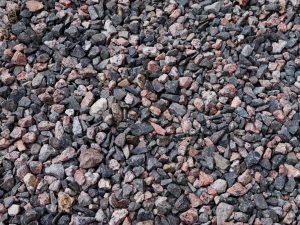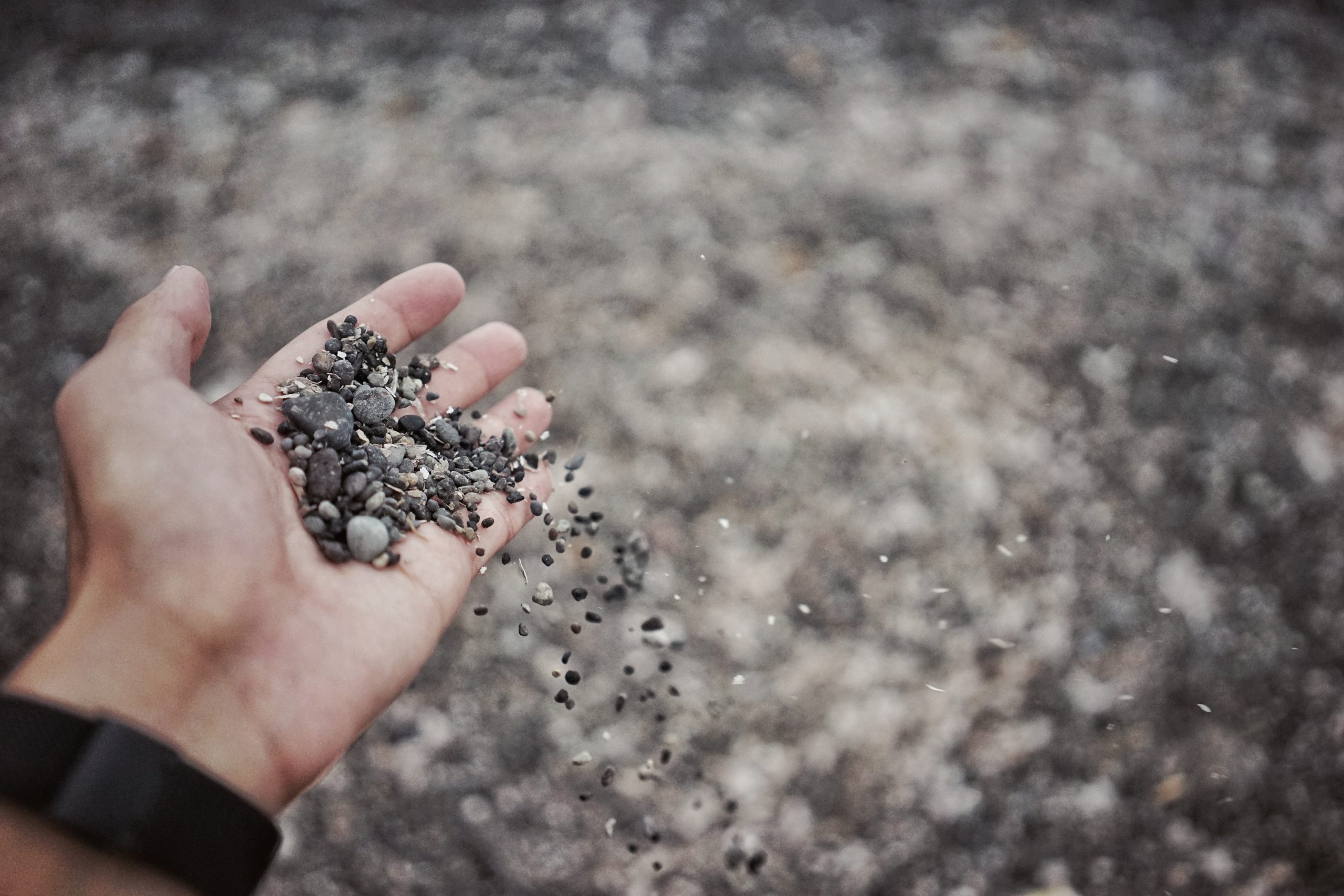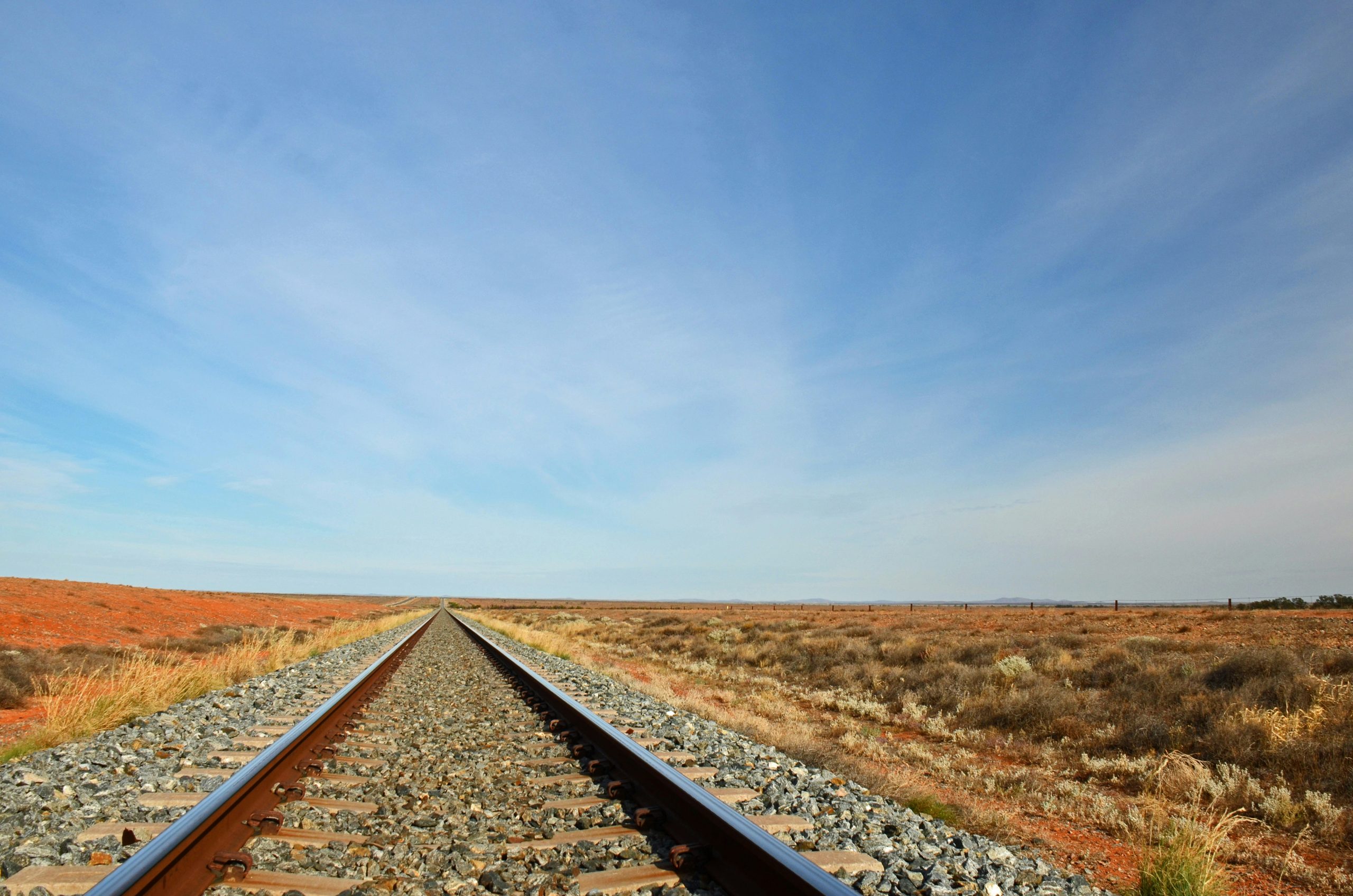When working on client projects, identifying and sourcing the right amount of materials is important. You don’t want to go over your client’s budget and cause yourself a lot of wasted stock in the process.
With the current cost-of-living crisis and the state of the economy in general, there’s very little room for error. How do you figure out just how much gravel you need for a project when it’s desired?
Depending on the scope of the project and the size of the area where the gravel is being laid down, will determine how much you’ll need. This guide will explain further how to calculate the amount of gravel needed for the project and some tips on how to maximise your efforts when working with clients on their landscaping needs.

Types of gravel
There are many types of gravel available and that’s where it’s best to start when making your calculations. The shape and size in particular are two factors to consider in order to get a gravel delivery that’s accurate.
Size
You’ve got lots of different sizes of gravel. Some may be around 4-5 inches in diameter, whereas others won’t be much bigger than a pea. The reason why there are different sizes of gravel is that they serve a variety of purposes. For example, layering a gravel path would consist of two or three different-sized layers of gravel.
Depending on the project will depend on what size you opt for.
Shape
The shape is also influential to the amount required as each piece of gravel is likely to be shaped differently. Depending on what type you get, it might be pea gravel that’s smooth and rounded.
This is a more comfortable gravel to walk on as opposed to the angular gravel that you get which may not be suited to some clients who have children walking barefoot around the garden.
Colour
While it might not impact the amount of gravel you need, it’s still something that needs consideration. Dark-coloured gravel will retain heat better, which helps it dry easily. There are a lot of different colours available, and some clients want a mixture of colours. Therefore, you may want to think carefully about how much of each you’re ordering so you don’t over-order.
The benefits of using gravel for client projects
There are several advantages to using gravel for your client projects, regardless of what they’re looking to achieve in their garden space.
Natural gravel is durable
When natural gravel is maintained properly, it’s a surprisingly durable material. This might not be the first material type you think about when it comes to durability but it’s a fantastic choice for many businesses and their clients.
It’s durable enough to withstand a lot of the typical British weather experienced throughout the year and most importantly, there’s not much maintenance required. This is therefore a great option for clients who want a fuss-free garden space, whether it’s used for driveways of paths in the garden itself.
It’s very cost-effective
As a material, it’s a cost-effective one that will likely match many of your client’s budgets. While some may want to indulge and spend more on expensive materials, for those looking for budget-friendly alternatives, gravel is a great choice. When it comes to any construction project, staying within budget is critical, regardless of how healthy that budget might be. The average cost of gravel per ton is around £73.32.
Provides a wonderful aesthetic appeal
One of the most advantageous uses for gravel is that it provides a wonderful aesthetic appeal. Whether it’s a simple colour that the client requires or it’s a mixture of three different colours, the result often ends up being a little different each time.
For an affordable material, it’s a very interesting material that creates a unique look each time. From your driveaways to top bedding for a variety of plants and flowers, it’s a highly customisable option.
How much gravel is needed?
So how much gravel is required for your next client project? There are three measurements you’ll need to take when sizing up the volume of gravel needed.
The basics of estimating gravel volume
Most gravel calculators online will use three measurements; length, width, and depth. If the client’s landscaping needs require sections of gravel throughout the garden, then it’s worth measuring each section separately and then combining the total amounts.
To keep it easy to understand, let’s work with the idea that the client is going for a gravelled path. The measurements of which are:
Length (m) – 10
Width (m) – 5
Depth (mm) – 50
Working with m², you’ll multiply the length by width and then by depth. Giving us a total of 4,500kg as the total volume. This is how you calculate your gravel needed so that the materials you buy for the project provide just the right amount. Ideally, it’s important to have a bit left over but this can always be used for future projects.
What measurements are required for calculating gravel?
As mentioned, you’ll want to multiply the length by the width and then multiply that total by the width. The depth is probably the least important but typically, you should aim for a depth of 50mm, especially when it comes to driveways. This ensures there’s enough to support the weight of any vehicle driving onto the drive without it sinking.
Anywhere between 30-50mm, coverage will be the best for most aggregates, gravel, and pebbles.
How do you measure the surface area for complex client projects?
It’s always best to approach your measurements with a tape measure. This is the best way to get accurate measurements when ordering your gravel. Measure the longest length and width of the area that the gravel is going down on.
When it comes to curved or irregular areas, measure using rectangles or triangles. Make sure to measure these separately and then combine them with the rest.
Get your high-quality gravel with our gravel delivery service
If you need a reliable gravel delivery service for your client projects, then look no further. We can help ensure you receive the desired volume of gravel to help ensure a successful project every time.
We supply & deliver quarry and landscaping materials to a host of leading brands including







